While primarily known for his legendary film career, Henry Fonda also graced the small screen with his commanding presence and unmatched talent. His television appearances, though fewer than his cinematic roles, showcased the same magnetic quality that made him a Hollywood icon. Each character he portrayed on television carried his distinctive blend of integrity, quiet authority, and emotional depth that captivated audiences whenever he appeared.
1. The Marshal in “The Deputy” (1959-1961)
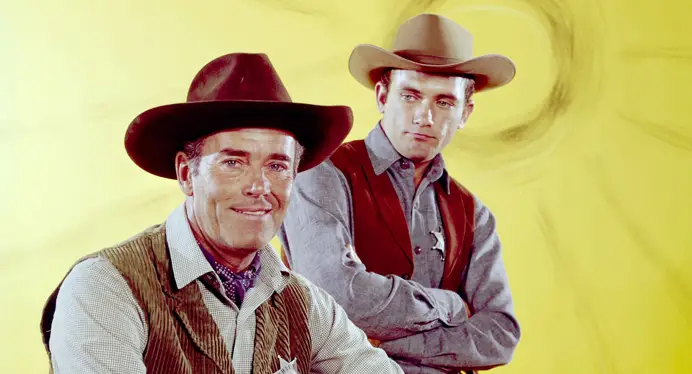
Henry Fonda starred as Chief Marshal Simon Fry in this Western series, bringing his trademark gravitas to the role of a territory lawman. Though he appeared in only a portion of the episodes (serving as both the star and executive producer), his presence anchored the series with the same moral authority he brought to film Westerns like “My Darling Clementine.” His measured delivery and commanding presence made even his limited screen time memorable, proving that Fonda’s impact wasn’t diminished by the smaller television format. Western Clippings remembers this one particularly fondly, as well as the powerful performance Fonda delivered.
The Marshal’s commitment to justice and frontier law recalled Fonda’s finest Western performances while allowing television audiences regular access to his particular brand of heroism. Though Allen Case’s character handled most of the weekly adventures as the deputy of the title, viewers tuned in for those precious moments when Fonda would appear, delivering his lines with that distinctive voice that could convey volumes with the simplest phrase. The series ran for two seasons, giving television audiences their first extended opportunity to welcome Fonda into their living rooms on a regular basis.
2. Clarence Darrow in “Clarence Darrow” (1974)
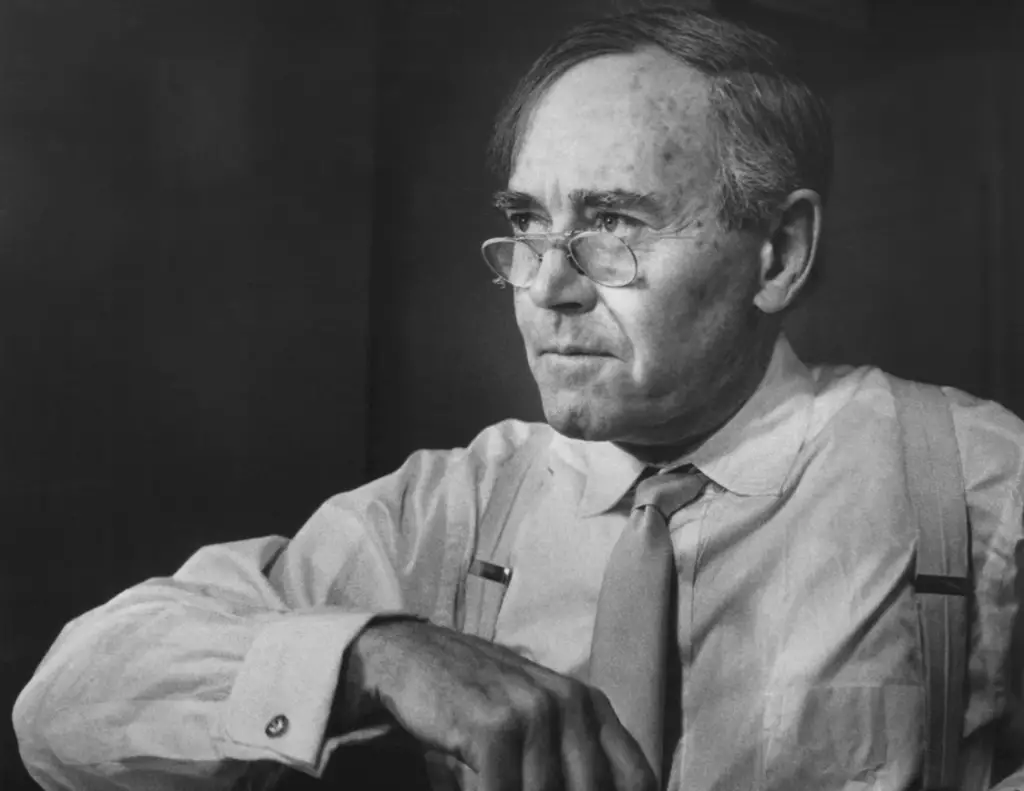
Fonda delivered a tour-de-force performance in this one-man PBS special, portraying the famous attorney throughout various stages of his controversial career. Based on the successful Broadway play in which Fonda had also starred, this television adaptation allowed him to showcase his remarkable range as he recreated Darrow’s famous courtroom speeches and personal reflections. His ability to command the screen entirely alone for ninety minutes demonstrated the sheer magnetism that had made him a star decades earlier. This one earned special mention on WFMT, with other stars being awed by Fonda’s performance.
The performance earned Fonda an Emmy nomination and reminded viewers of his undiminished power as a performer even in his advancing years. His portrayal of Darrow’s passionate defense of unpopular clients and causes echoed his own most beloved film roles, particularly his turn as Juror #8 in “12 Angry Men,” fighting for justice against overwhelming opposition. This television special stands as perhaps Fonda’s most demanding and rewarding small screen performance, a masterclass in acting that required him to carry the entire production without a supporting cast.
3. Pierre Bezukhov in “War and Peace” (1972)
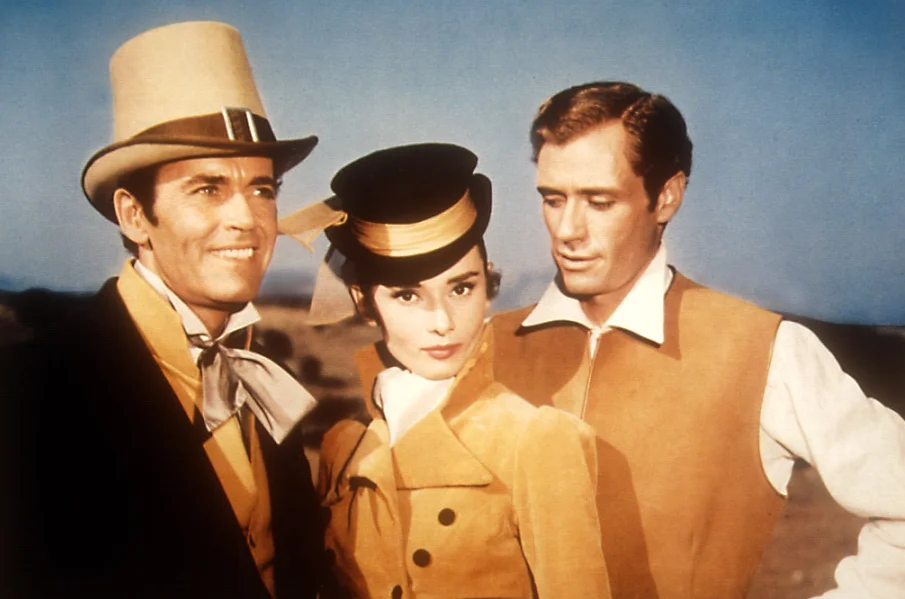
Fonda narrated this BBC miniseries adaptation of Tolstoy’s epic novel when it was broadcast on American television, lending his distinctive voice to guide viewers through the complex narrative. Though not appearing on screen, his instantly recognizable voice provided an essential framework for American audiences less familiar with the Russian historical context and numerous characters. His measured, authoritative delivery helped make this challenging literary adaptation accessible to a broader television audience. According to SlashFilm, Fonda also spent much of his time on this film clashing with producers.
The miniseries, running over fifteen hours, benefited immensely from Fonda’s narration, which united the sprawling narrative without overshadowing the on-screen performances. His voice work demonstrated the same qualities that made his screen performances so compelling—clarity, authority, and an underlying humanity that connected with audiences. For many American viewers, Fonda’s narration became inseparable from their experience of this acclaimed adaptation, his voice serving as a trusted guide through Tolstoy’s expansive examination of Russia during the Napoleonic era.
4. President in “Collision Course: Truman vs. MacArthur” (1976)
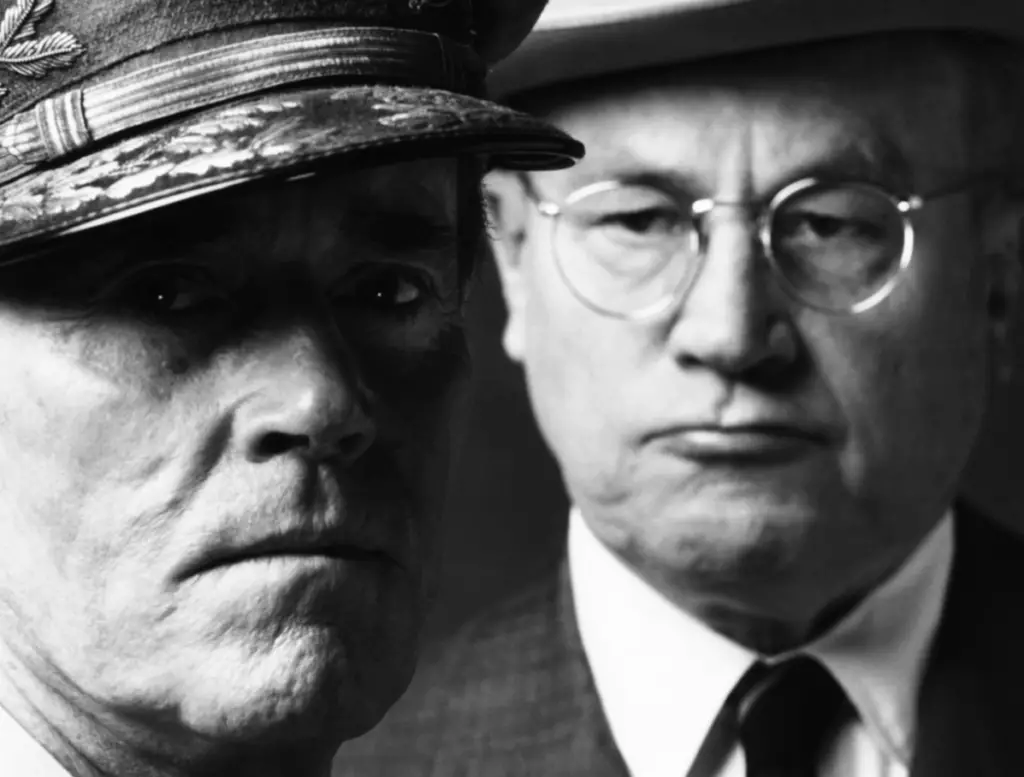
Fonda portrayed President Harry S. Truman in this television special about the famous conflict between the President and General Douglas MacArthur during the Korean War. His performance captured Truman’s plain-spoken determination and moral courage in a constitutional crisis that tested the foundation of civilian control over the military. Fonda’s ability to convey authority without bluster made him perfectly suited to portray a president known for his unpretentious but principled leadership. Rotten Tomatoes explores the full scope of this historical drama, and how well it was received by viewers.
The television drama gave Fonda the opportunity to recreate one of American history’s most consequential leadership challenges, facing off against John Forsythe’s portrayal of the famously egotistical general. His performance reminded viewers why Fonda had so often been cast as men of principle standing firm in difficult circumstances. The role earned Fonda critical acclaim and demonstrated that even in his seventies, he remained one of America’s most compelling actors in roles that required moral gravity and quiet strength.
5. Henry Fonda: The Man and His Movies (1981)
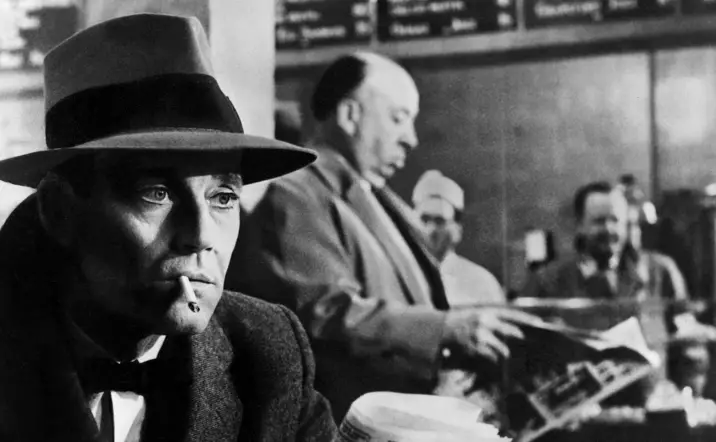
This television documentary special allowed viewers unprecedented insight into Fonda’s life and career through extensive interviews with the actor himself. Though not a fictional role, Fonda’s appearances throughout this retrospective showcased the same authenticity and thoughtful articulation that had made him a beloved screen presence for decades. His reflections on his most famous roles and collaborations revealed the intelligence and craftsmanship behind his seemingly effortless performances.
The documentary, aired shortly before his final film “On Golden Pond,” served as a fitting television tribute to a legendary career spanning nearly five decades. Fonda’s discussion of his approach to acting and his philosophy about his craft gave television audiences a deeper appreciation for the man behind so many memorable characters. This rare extended look at Fonda as himself rather than in character revealed that many of the qualities audiences admired in his performances—integrity, thoughtfulness, and unassuming dignity—were integral to the man himself.
6. Henry Fonda in “Maude” (1975)
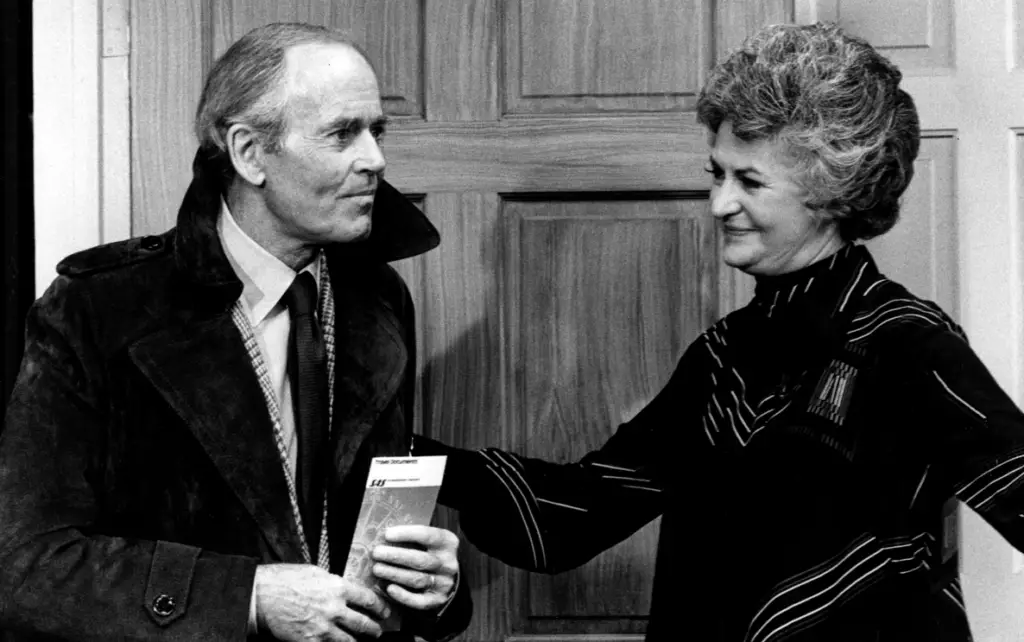
In a delightful meta-appearance, Fonda played himself in an episode of this popular sitcom, bringing his legendary status to the comedy format. The episode centered around Maude’s excitement about meeting her film idol, creating situations that playfully referenced Fonda’s status as Hollywood royalty. His willingness to good-naturedly play with his own image showed a rarely seen lighter side of an actor primarily known for serious dramatic roles.
Fonda’s chemistry with Bea Arthur demonstrated his understated comic timing and ability to play against his established screen persona. His appearance on one of television’s most progressive sitcoms also aligned with the liberal values Fonda had long supported, both personally and through character choices like Tom Joad in “The Grapes of Wrath.” This memorable guest spot reminded viewers that beyond his dramatic intensity, Fonda possessed a warmth and accessibility that made him beloved by audiences across generations.
7. Henry Fonda as Juror #8 in “12 Angry Men” (1957)
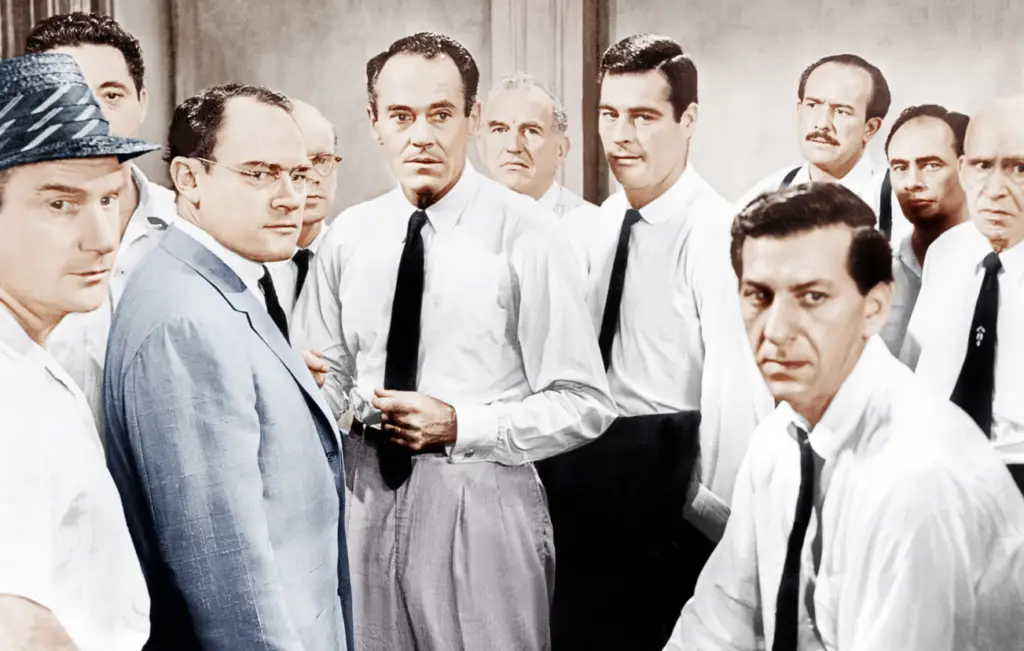
Though primarily a theatrical film, “12 Angry Men” became a television staple through countless broadcasts that brought Fonda’s most iconic performance directly into American living rooms. As Juror #8, the lone dissenter who stands against eleven others in a seemingly open-and-shut murder case, Fonda delivered a masterclass in restrained moral conviction that defined his entire career. His portrayal of a man willing to question certainty and demand true justice, even when standing completely alone, created such a powerful template for principled resistance that it influenced television courtroom dramas for decades to come.
The role showcased everything that made Fonda magnetic on any screen—his ability to convey deep thought through minimal gestures, his natural authority that never required raising his voice, and his skill at making ethical reasoning dramatically compelling. Television broadcasts of this film, often shown in classrooms and during special programming events, ensured that generations who never saw Fonda’s work in theaters experienced the full power of his screen presence. For countless Americans, television viewings of “12 Angry Men” provided their first and most enduring exposure to Fonda’s particular brand of quiet heroism—reasonable but unyielding, thoughtful but passionate, and always guided by a deep belief in human dignity.
8. The President in “The Red Pony” (1973)
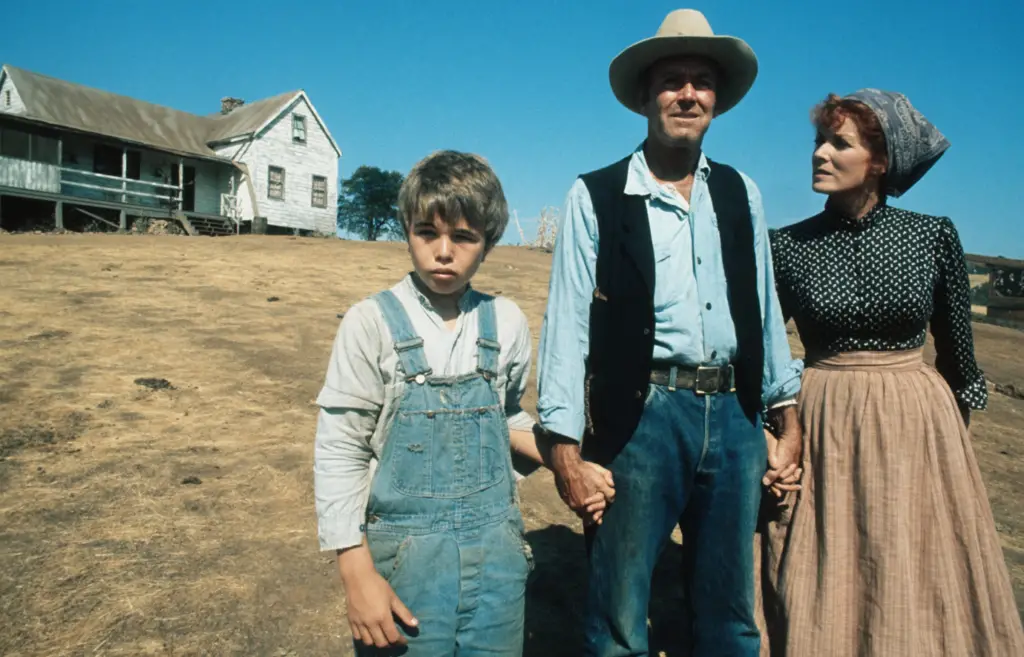
Fonda starred in this television adaptation of John Steinbeck’s classic novella, reuniting him with material by the author whose “The Grapes of Wrath” had given him one of his most iconic film roles. His portrayal of ranch owner Carl Tiflin showcased his unmatched ability to convey complex emotions beneath a stoic exterior. The role allowed television audiences to see Fonda in the type of nuanced family drama that had earned him film acclaim, particularly his sensitivity in scenes with the young protagonist Jody.
The television film’s exploration of generation gaps and father-son relationships foreshadowed themes Fonda would revisit years later in “On Golden Pond.” His performance captured the character’s struggle between emotional reserve and deep feeling, particularly in his relationship with his son and the aging ranch hand played by Maureen O’Hara. This adaptation brought literary quality to television audiences and demonstrated why Fonda remained one of America’s most respected actors nearly four decades into his career.
9. Meredith Loftus in “The Smith Family” (1971)
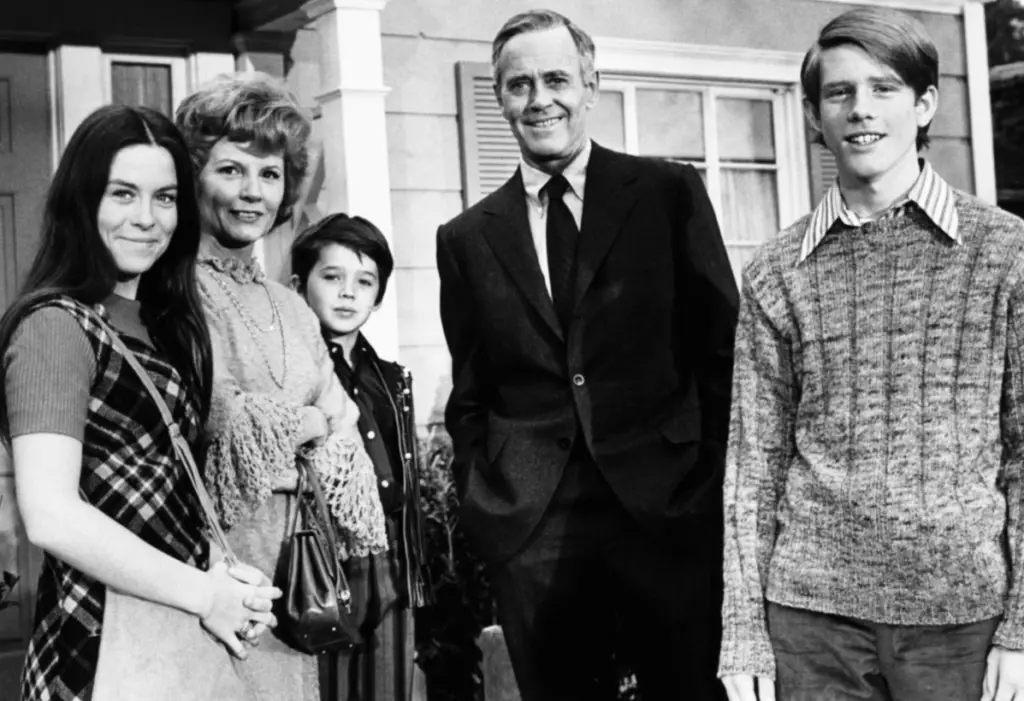
In a special guest appearance on this police drama starring Henry Fonda’s son Peter, the elder Fonda played the estranged father of Peter’s detective character. This rare on-screen pairing of father and son created particularly powerful television, given the well-publicized personal and political differences between the two actors. Their scenes together carried an emotional weight beyond the script itself, allowing viewers a glimpse into one of Hollywood’s most complex father-son relationships.
Fonda’s portrayal of a father seeking reconciliation with his son contained echoes of his own complicated relationship with Peter, adding layers of meta-textual resonance to the performance. His work in this episode demonstrated his willingness to explore difficult emotional territory, even when it paralleled aspects of his personal life. Though just a single episode appearance, this role stands as one of television’s most fascinating examples of art imitating life, with both Fondas bringing their considerable talents to material that must have resonated deeply.
10. Admiral Chester Nimitz in “Midway” (1976 TV Broadcast)

While originally released as a theatrical film, “Midway” found its largest audience through television broadcasts, where Fonda’s portrayal of Admiral Nimitz reached millions of American homes. His performance as the Naval commander responsible for the pivotal Pacific battle captured both military authority and strategic intelligence. Fonda’s natural dignity made him perfectly suited to portray the admiral whose decisions would shape the course of World War II in the Pacific theater.
The television presentations of this historical drama, often aired on patriotic holidays, cemented Fonda’s association with principled American leadership in the minds of television viewers. His scenes planning the Navy’s response to the Japanese fleet demonstrated the same thoughtful determination that had made his portrayals of military and civilian leaders so compelling throughout his career. For many Americans whose primary exposure to cinema came through television broadcasts, Fonda’s Nimitz became one of their most familiar encounters with the actor’s particular brand of quiet authority.
Through these television appearances, Henry Fonda proved that his magnetic screen presence could captivate audiences regardless of the size of the screen. Whether carrying a one-man show, making a brief guest appearance, or simply lending his distinctive voice, Fonda brought the same commitment to truth and emotional authenticity that had made him a film legend. These twelve roles, spanning from Westerns to comedies to historical dramas, remind us that Fonda’s particular magic worked anywhere—on any screen, in any era, in any genre—creating moments of genuine connection that continue to resonate with viewers discovering his work for the first time.


